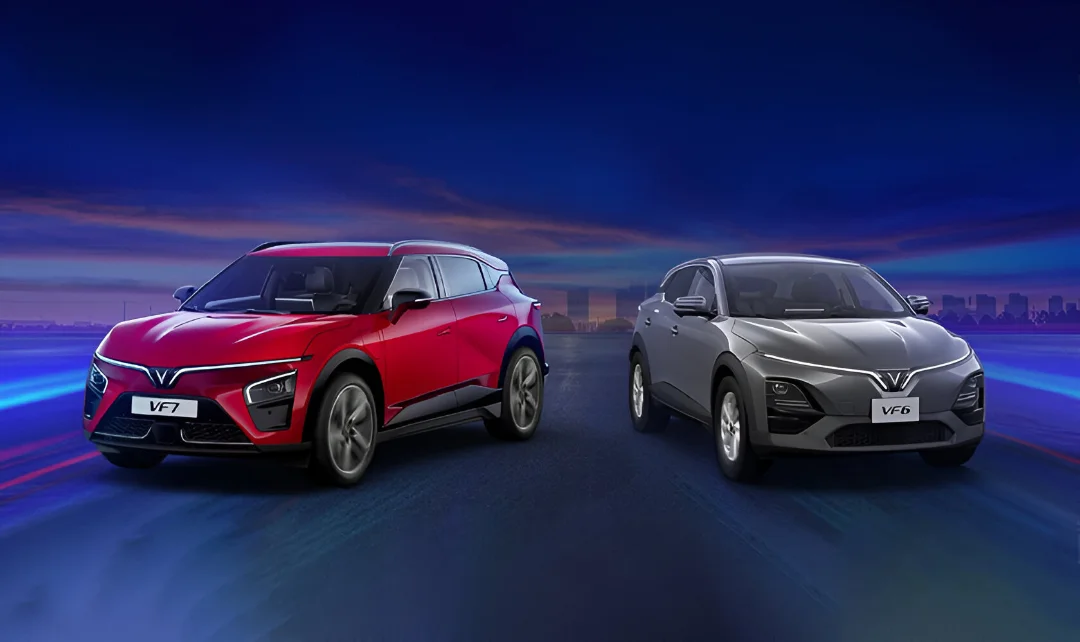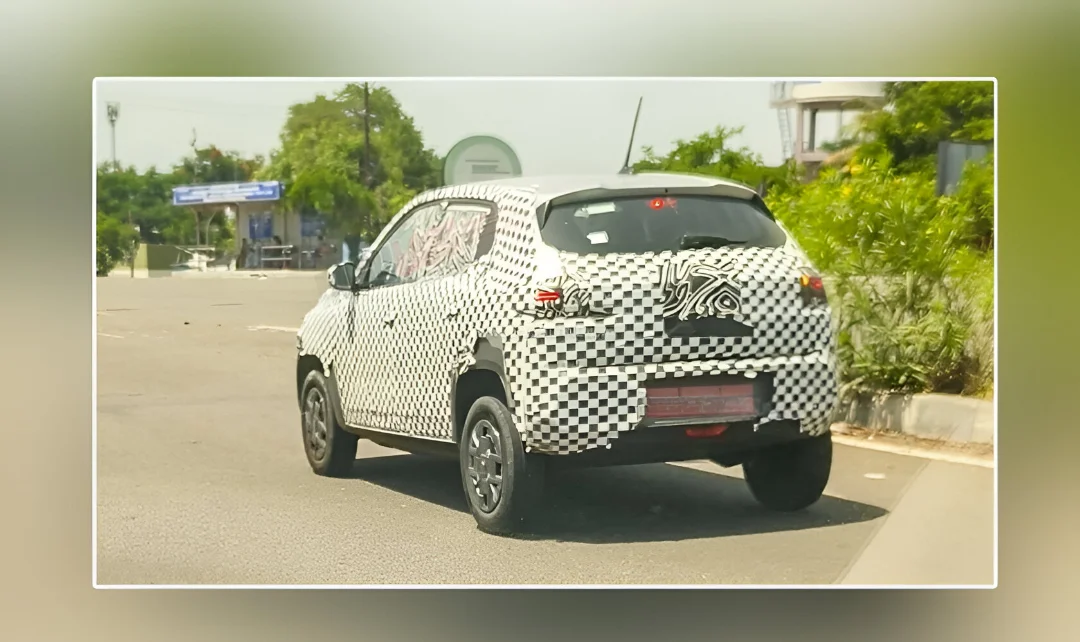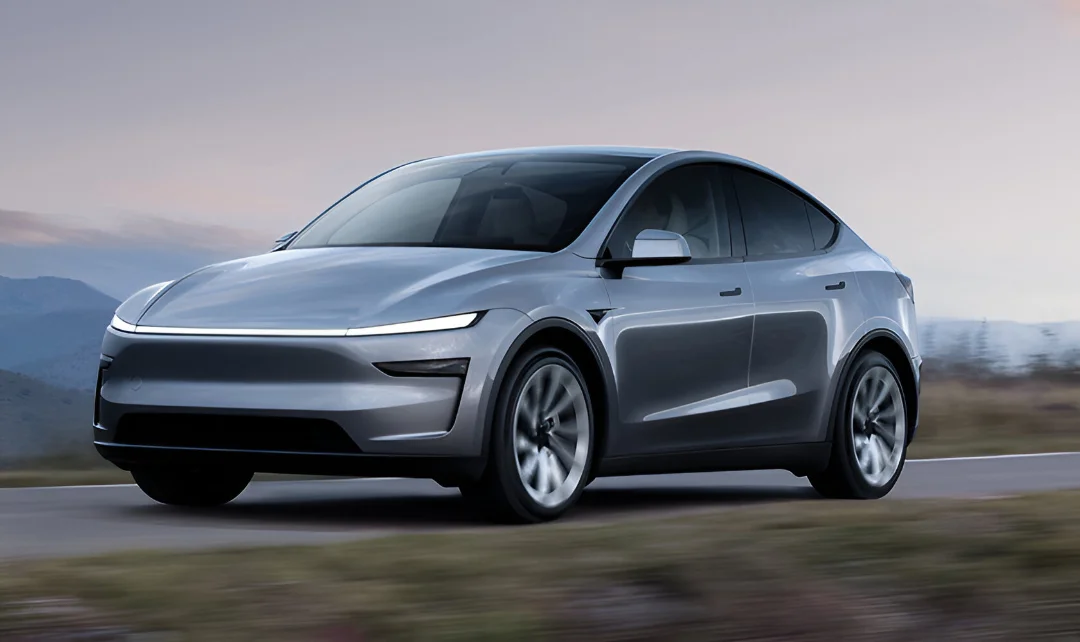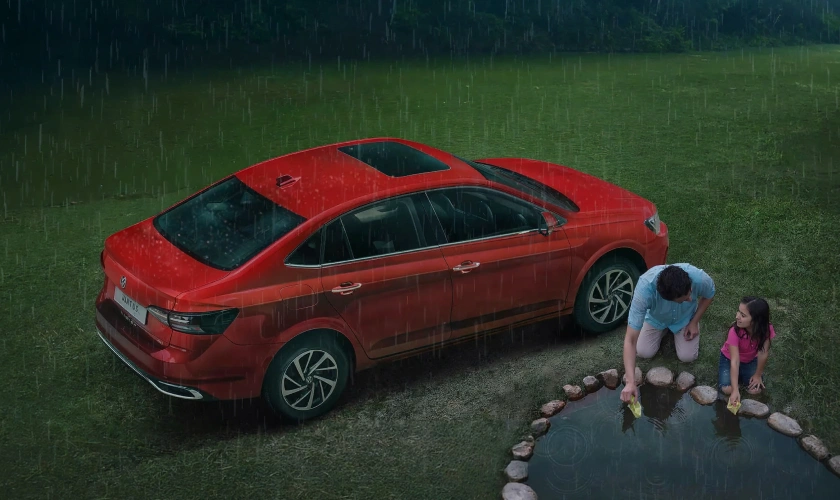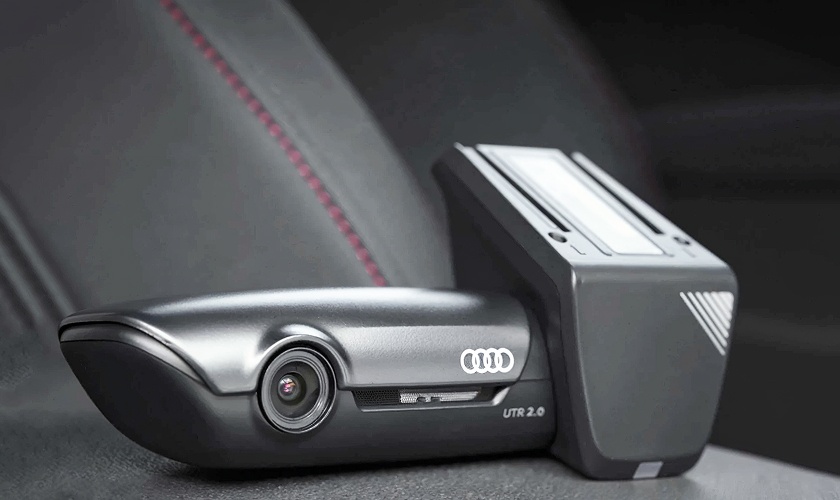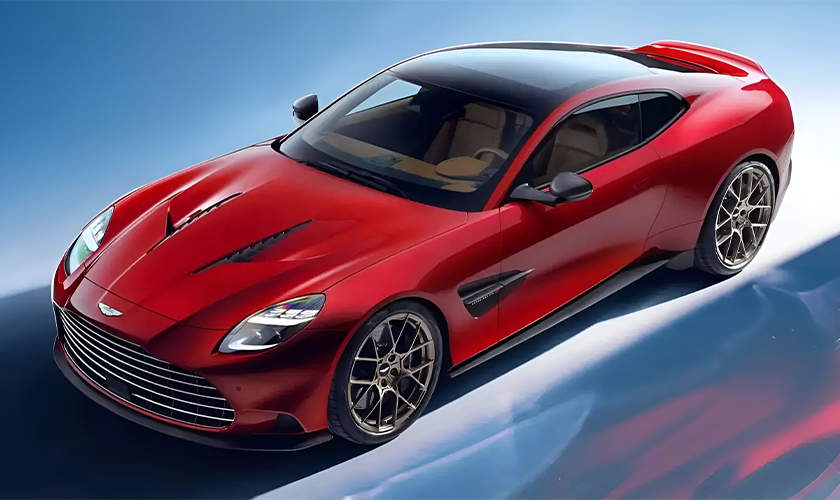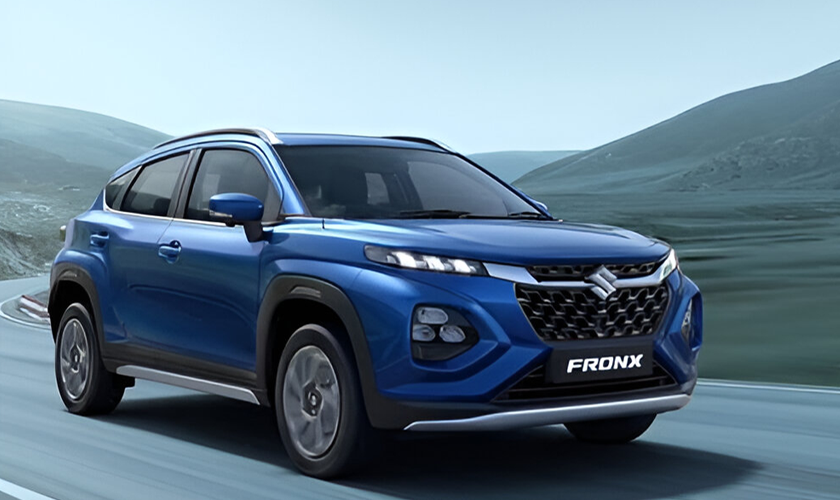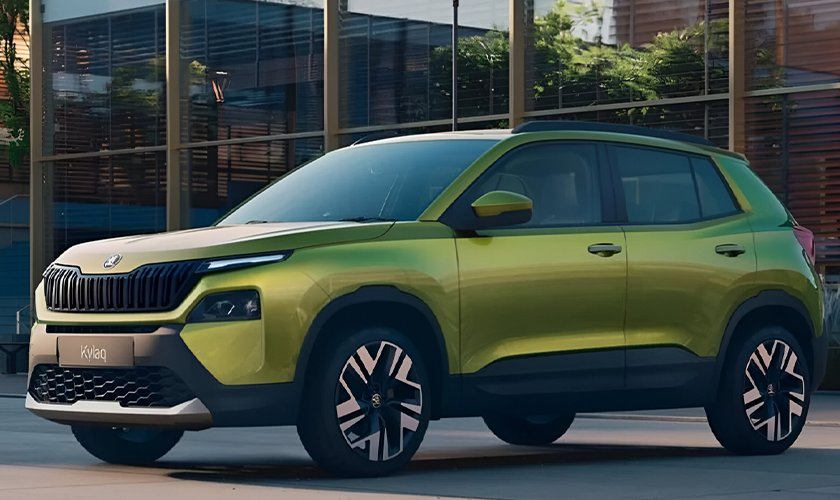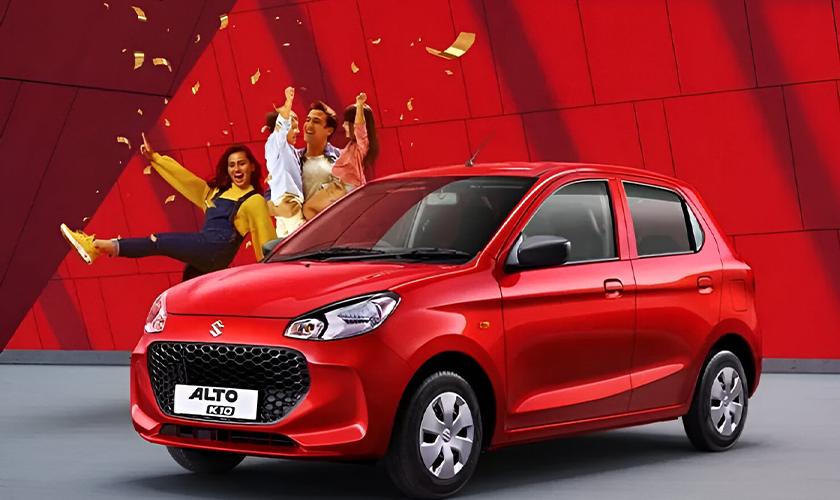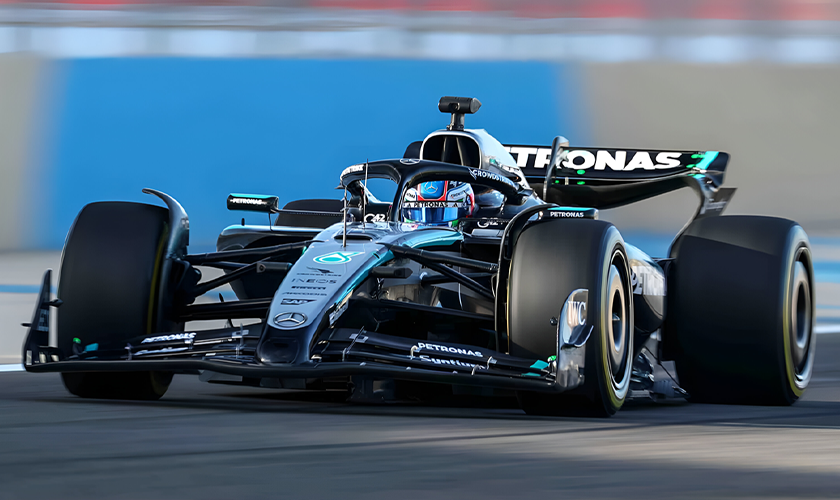19 Jul 2025, 01:47 PM
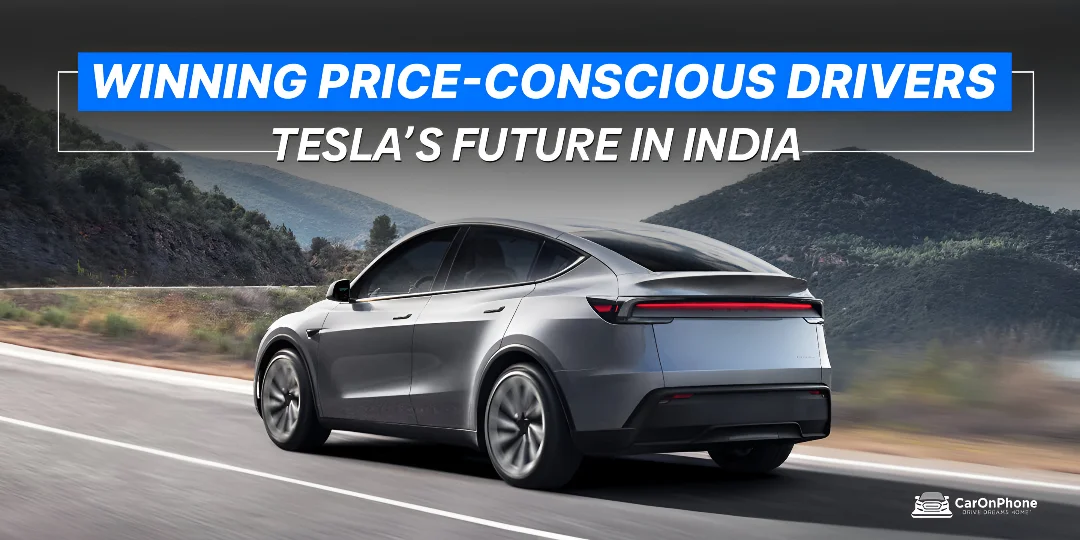
The Indian car market is known for its demand of affordability without compromising innovation. To make even a dent in this ‘car-scape’ Tesla has to come up with a different playbook so it can localize costs and customize select offerings, all so it can increase customer/buyer engagement.
Let’s explore some theoretical possibilities.
Tesla’s Model Y has made its grand entrance on the Indian stage. The fully-built unit comes bearing hefty import tariffs – can easily exceed 100%. This means higher sticker prices upwards of ₹60 lakh.
Tesla can reduce its duties to as low as 15% if it can create completely knocked down (CKD) assembly units or a full-fledged Gigafactory. Maharashtra or Gujarat are ideal locations for the latter, considering India’s latest EV policy.
But to accomplish this, Tesla has to invest minimum $500 million (approx. 4,307 crores) with the guarantee of sourcing 50% of its components locally – that too, within 5 years.
This move, in itself, can cut costs for Indian buyers by ₹15–20 lakh per vehicle, definitively hitting mainstream price targets and making these cars more attainable.
If Tesla wishes to attract buyers who mainly spend under ₹20 lakh for a car, they may need to come up with an India-specific variant.
Imagine a stripped-down Model 2 priced around ₹25 lakh (around $30,000). This can easily meet the car-owning aspirations of India’s blooming EV crowd.
Non-essential luxury features can be scaled back, within reason. Also, battery capacity can be optimized for urban use.
This and more can help Tesla fairly compete with models like MG Comet EV and Tata Punch EV, making its cars as accessible as the ones from India’s already existing carmakers.
Excessive upfront costs will certainly be troublesome in India. Tesla can counter this with a smart introduction of custom-made financing solutions like the following:
These plans can lower monthly outlays and directly help Tesla widen its brand-reach beyond just India’s rich car buyers and VIP clients.
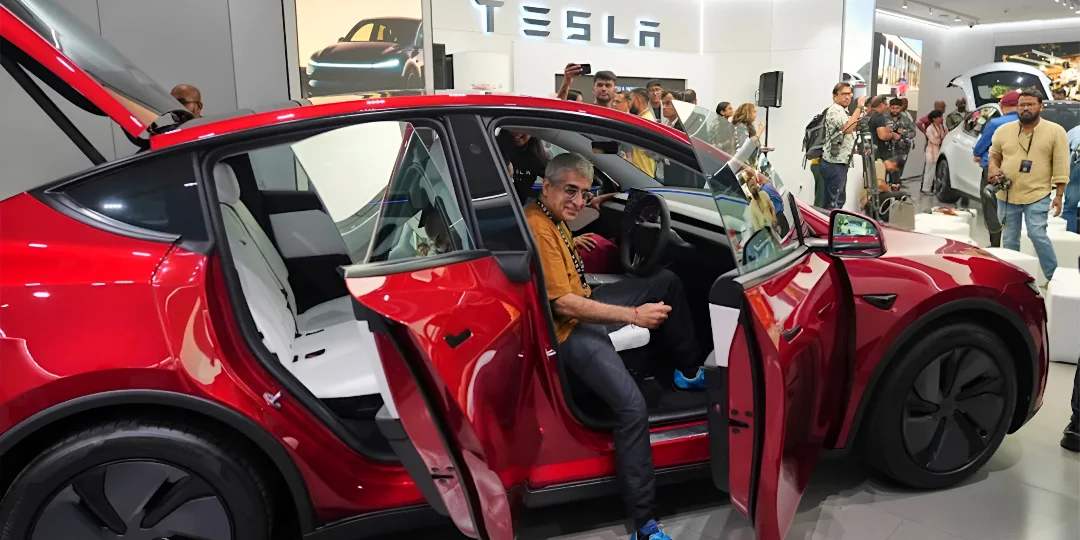
Needless to say, not having access to charging points can be frustrating for any new Tesla car owners. Until we have enough charging hubs, range anxiety is going to stick around in India. Remember, we have only a few thousand public chargers, while the United States has 180,000.
By partnering with Reliance, Tata Power, and/or BPCL, Tesla can confidently target metros and highways to potentially set up 500+ Superchargers for public use.
Also, Tesla Authorized Service Centers need to number over 200 if this coordination is going to work fairly well. After all, the everyday car-owner (especially price-sensitive buyers) needs convenience.
India’s Production-Linked Incentive scheme stands wide open. Battery cells can be co-developed with this. Tesla can also engage local suppliers in the process.
Benefits of this move:
Tesla can swiftly realize a powerful “Make in India” dream with this theory while also reducing costs across the board. The result? Consumer trust and government goodwill.
A bespoke entry-level model, reliable local partnerships, aggressive localization, confident infrastructure, and innovative financing options can all boost Tesla’s future growth and early presence in India’s car market.
As of now, it remains a luxury outlier, one that has the potential to become India’s leading EV aspirant.
Best part is that none of these ideas will affect Elon Musk’s vision for his brand – especially where it matters, namely creating cutting-edge sustainable mobility.
CarOnPhone is your one-stop destination to see all upcoming cars, latest cars, released cars, and EV Cars, and compare Cars in all Car Brands. Stay tuned and follow us to update yourself on the automotive world.
Ex-showroom price
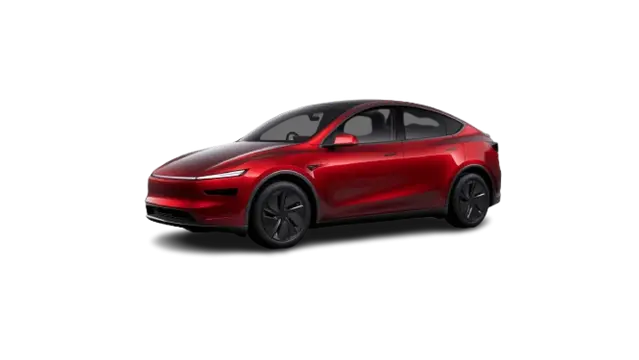

60

Automatic

295
